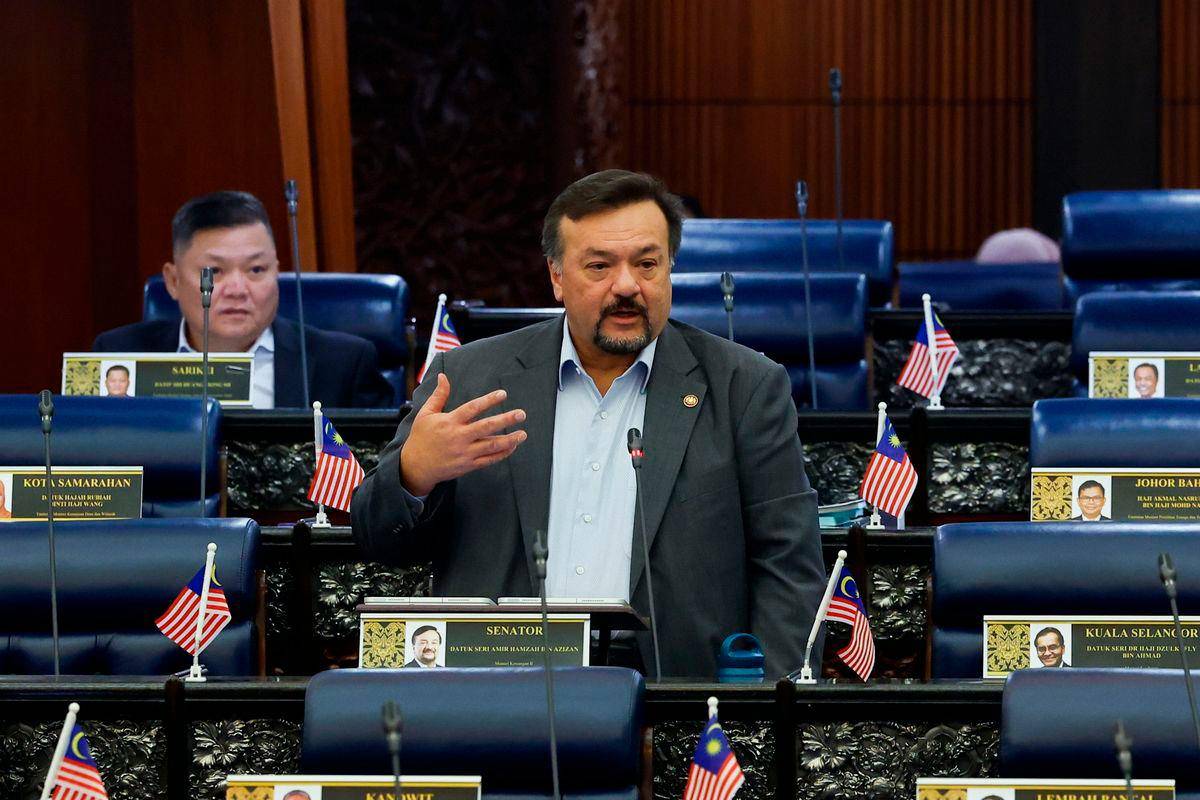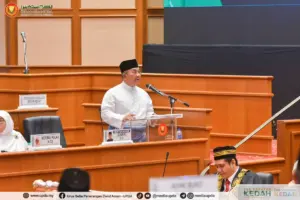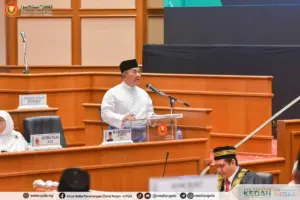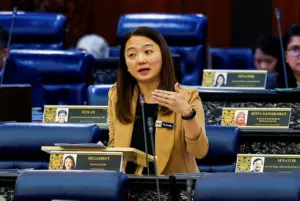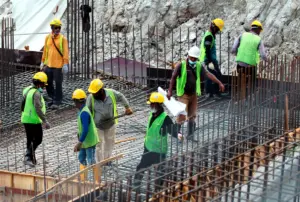PETALING JAYA: Malaysia is expected to become an ageing nation by 2048, when 14% of its population will be aged 65 and above, Economy Minister Datuk Seri Amir Hamzah Azizan told the Dewan Rakyat yesterday.
He said the shift, driven by longer life expectancy and falling fertility rates, would see the number of children aged between zero and 14 shrink as the elderly population steadily rises.
Amir Hamzah said according to the Statistics Department, Malaysia’s 34.2 million population in 2025 is projected to grow modestly to 36.4 million by 2030 and 38.3 million by 2035.
“However, fertility rates are set to drop from 1.67 children per woman in 2025 to 1.60 in 2035, well below the replacement level of 2.1, which the country has failed to meet since 2013.
“Adding to the concern, the crude marriage rate has also declined, falling from 6.6 marriages per 1,000 people in 2022 to 5.7 in 2023.
“The department highlighted that this trend shortens the reproductive window and is likely to further accelerate the decline in births.”
Amir Hamzah said preparing for an ageing population is a complex task involving fiscal policy, labour markets, healthcare and long-term care services.
He said the National Ageing Blueprint 2025–2045 launched this year, which outlines strategies across key areas, would be implemented through the 13th Malaysia Plan (13MP).
“While we have a Youth and Sports Ministry, we do not yet have a dedicated ministry for senior citizens to address ageing-related issues.
“However, several ministries play a role – the Finance Ministry manages economic and fiscal matters, the Implementation Coordination Unit oversees social protection, the Human Resources Ministry covers employment and skills, the Health Ministry handles healthcare while the Women, Family and Community Development Ministry manages long-term care.”
He said under the 13MP all ministries must adopt a whole-of-nation approach, which includes expanding home-based care, encouraging part-time work for older individuals, strengthening financial and community support and improving retirement security through measures such as reviewing the EPF withdrawal scheme.
“We are moving away from the old demographic model which was based on three clear stages of life – childhood, youth and old age, or school, work and retirement.
“But today, as people live longer, these stages overlap and intertwine, creating a ‘multi-stage life’. For example, retirees are now often encouraged to rejoin the workforce in various capacities. Retirement is no longer a fixed stage.”
Amir Hamzah said the government, through 13MP, aims to strengthen long-term care, enabling caregivers to provide home visits, activities and companionship for the elderly to remain in their own homes, while also guiding younger generations.
He urged civil society to play a greater role in supporting the ageing process.
“The framework for an ageing society is already laid out in the 13MP. What is left is to bring it to life.
“If we succeed, we will be in a much better position to face the challenges of an aged society.”
